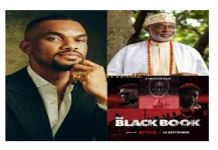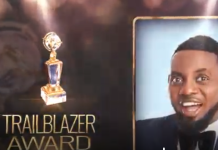The reunion of Spike Lee and Denzel Washington has set the film world ablaze with “Highest 2 Lowest,” a bold, pulsating reimagining of Akira Kurosawa’s noir masterpiece High and Low.
Premiering to thunderous acclaim at Cannes, the film has since swept into theaters and landed on Apple TV+, igniting passionate debate among audiences and critics alike.
In a lively exchange for RogerEbert.com, film critics Robert Daniels and Odie Henderson unpacked the cultural weight of the movie, blending generational perspectives with shared admiration for Lee’s artistry.
Daniels hailed the film as “unabashedly epic, fearlessly funny, and proudly Black,” spotlighting sequences like the vibrant Puerto Rican Day parade and praising A$AP Rocky’s ability to match Washington’s gravitas.
Henderson leaned into the Kurosawa connection, noting how Lee’s version pays homage to the Japanese master while reframing the story for today’s world of class divides and cultural collisions. To him, Lee has preserved the emotional intensity of the original while retooling its core for a new audience.
Why the film hits differently:
It’s the first Spike–Denzel collaboration since Inside Man—but with both legends bringing even more depth, age, and gravitas.
It’s a genre mashup, mixing crime noir with hip-hop bravado, complete with a tense rap face-off between Washington’s David King and A$AP Rocky’s Yung Felon.
It’s critically adored, boasting high scores on Metacritic, with outlets like Time and IGN praising its theatrical flair and emotional firepower.
At the Brooklyn premiere, Henderson recalled a crowd that wrapped “around the block two times,” a testament to the film’s cultural resonance. More than just a screening, the event felt like a celebration of Black cinema and community.
Bottom Line:
“Highest 2 Lowest” isn’t simply a remake—it’s a cultural moment. Spike Lee turns Kurosawa into a modern-day spectacle, Denzel Washington delivers one of his most commanding late-career performances, and the film pulses with rhythm, power, and relevance. It’s not just cinema—it’s an experience.
































